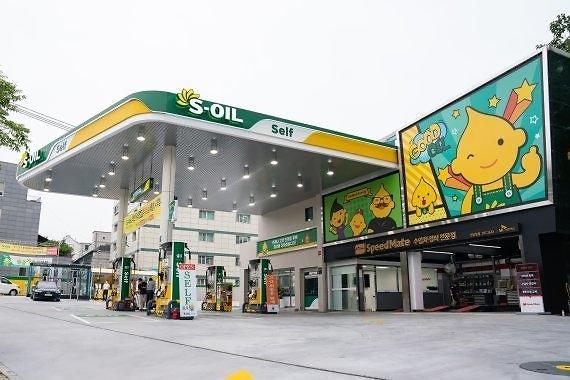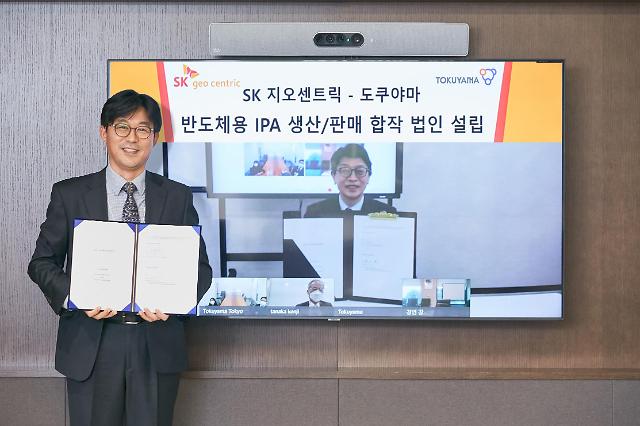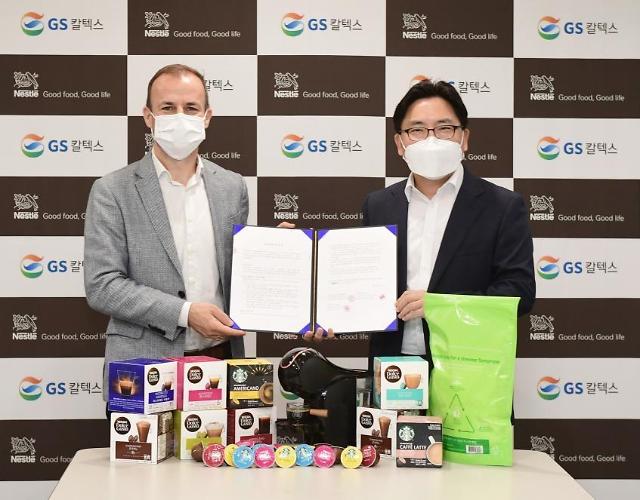
[Courtesy of SK picglobal]
Dipropylene glycol is a co-product coming from the manufacture of mono propylene glycol. It is a water-soluble hygroscopic liquid with a low vapor pressure. SK picglobal has commercialized the process of producing only DPG for the first time in the world.
At its production base in the southeastern industrial port city of Ulsan, the company opened a DPG production facility on November 28 in a ceremony attended by government officials.
With its DPG production line, SK picglobal aims to become an eco-friendly care material company. "Starting with the commercialization of the world's first DPG-only process, we will evolve into a care material company," CEO Won Ki-don said in a statement on November 28.
Lee Kyung-ho, a ministry official in charge of materials, parts and equipment, "DPG's sole production is an innovative process that can overcome the limitations of existing production methods in which by-products are produced simultaneously and flexibly respond to market conditions." "It will enhance the global competitiveness of South Korea's chemical industry."
SK picglobal is a chemical joint venture between Petrochemical Industries Company K.S.C. of Kuwait and SKC, a polyester film and chemical material manufacturer affiliated with South Korea's SK Group.
The Ministry of Trade, Industry and Energy said that DPG production in Ulsan would enhance the global competitiveness of South Korea's chemical industry. "DPG's sole production is an innovative process that can overcome the limitations of existing production methods in which by-products are produced simultaneously and flexibly respond to market conditions," said Lee Kyung-ho, a ministry official in charge of materials, parts and equipment.




